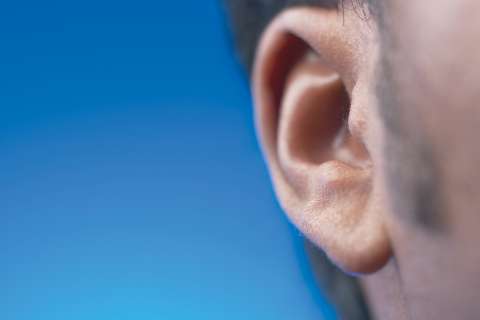Dear Doctor: Is a COVID-19 vaccine the same as a flu shot? I had a violent reaction to a flu shot in 1976 that continues to have an effect in my body today, and I am 74 years old. I want to get the COVID-19 vaccine, but I fear another severe reaction.
Dear Reader: The vaccine against the coronavirus that causes COVID-19 is not the same as the influenza vaccine. Although each vaccine targets a virus that causes a respiratory illness, they use different mechanisms to prime the body’s immune response.
Let’s start with the flu vaccine. This is what is known as an inactivated vaccine. It contains a portion of the microorganism that causes the disease the vaccine is targeting. However, the word “inactivated” means that this microorganism has been rendered harmless. It cannot cause disease. When injected, the body’s immune system recognizes the inactivated virus as a threat and learns how to mount a defense against it. Then, when the body becomes infected with an actual virus of the same type, it’s already primed to fight it off.
The coronavirus vaccines, by contrast, are a class of vaccines known as mRNA vaccines. Instead of a particle of the virus to teach the immune system what to look out for, they use a single strand of genetic code known as messenger RNA. In the case of the new coronavirus vaccines, it’s a harmless fragment of the spike protein that the coronavirus uses to penetrate a host’s cell. Armed with the molecular code to the spike protein, the body now knows how to recognize and dismantle it. And with its spike proteins disabled, the coronavirus infection is stopped in its tracks.
Considering your experience with the flu vaccine, we understand your hesitancy. However, in your letter you mentioned receiving a number of other vaccines, all without ill-effect. The current guidance for people with previous allergic reactions to a vaccine, or to the contents of the coronavirus vaccine, is to speak with their physician before getting their shot. This, without a doubt, should be your first step.

It’s important to note that the coronavirus vaccine can have mild-to-moderate side effects, including pain and swelling at the injection site, chills, fever, headache and tiredness. These can last a few hours or a day or two, and they mean that the immune system is responding to the vaccine and booting up its defenses for future exposure. Everyone who gets the vaccine is asked to remain at the clinic for at least 15 minutes after receiving the shot to monitor for any extreme reaction. These have been exceedingly rare. As part of the vaccination program, the medications and gear needed to assist in case of a reaction are required to be onsite.
Please remember that the clinical trials for the coronavirus vaccines were rigorously conducted to the highest standards. We firmly believe that the short-term inconvenience of the mild side effects of the vaccine outweighs the tremendous benefit of the protection it offers for you and your family, and for the community at large.
(Send your questions to [email protected], or write: Ask the Doctors, c/o UCLA Health Sciences Media Relations, 10880 Wilshire Blvd., Suite 1450, Los Angeles, CA, 90024. Owing to the volume of mail, personal replies cannot be provided.)





